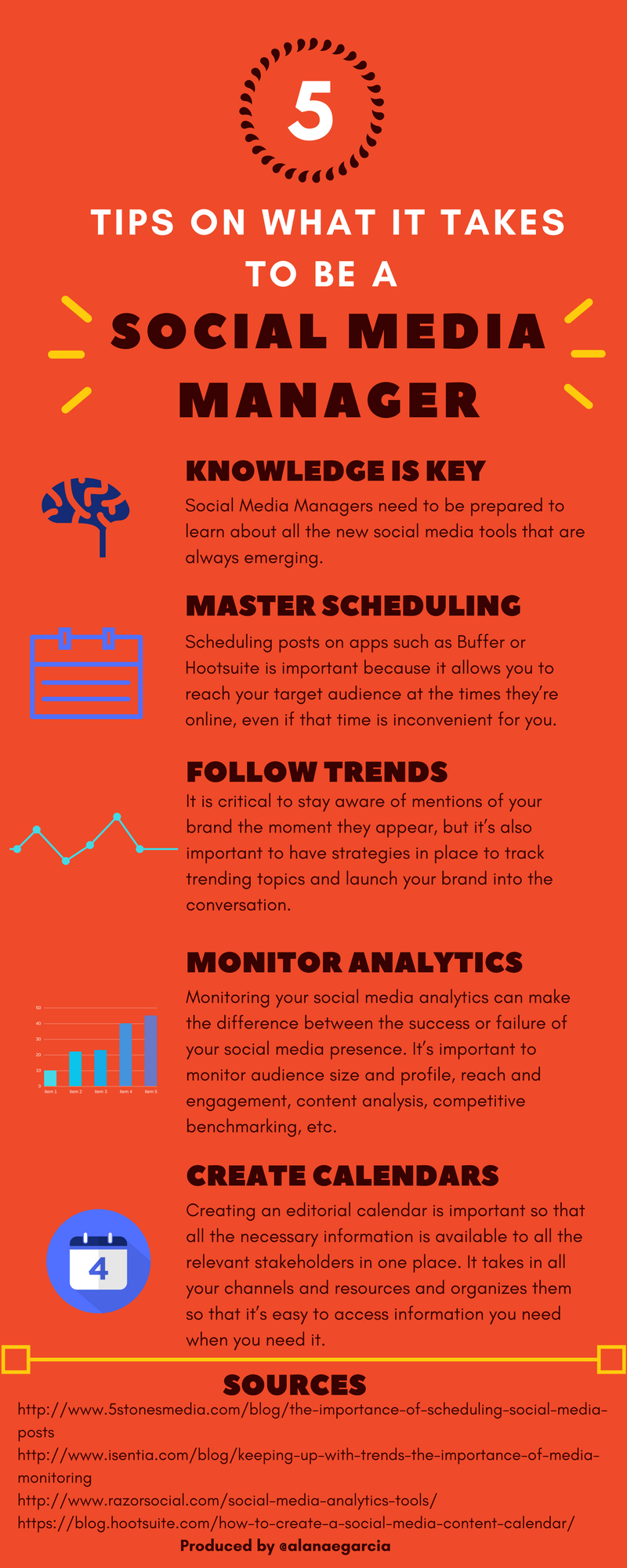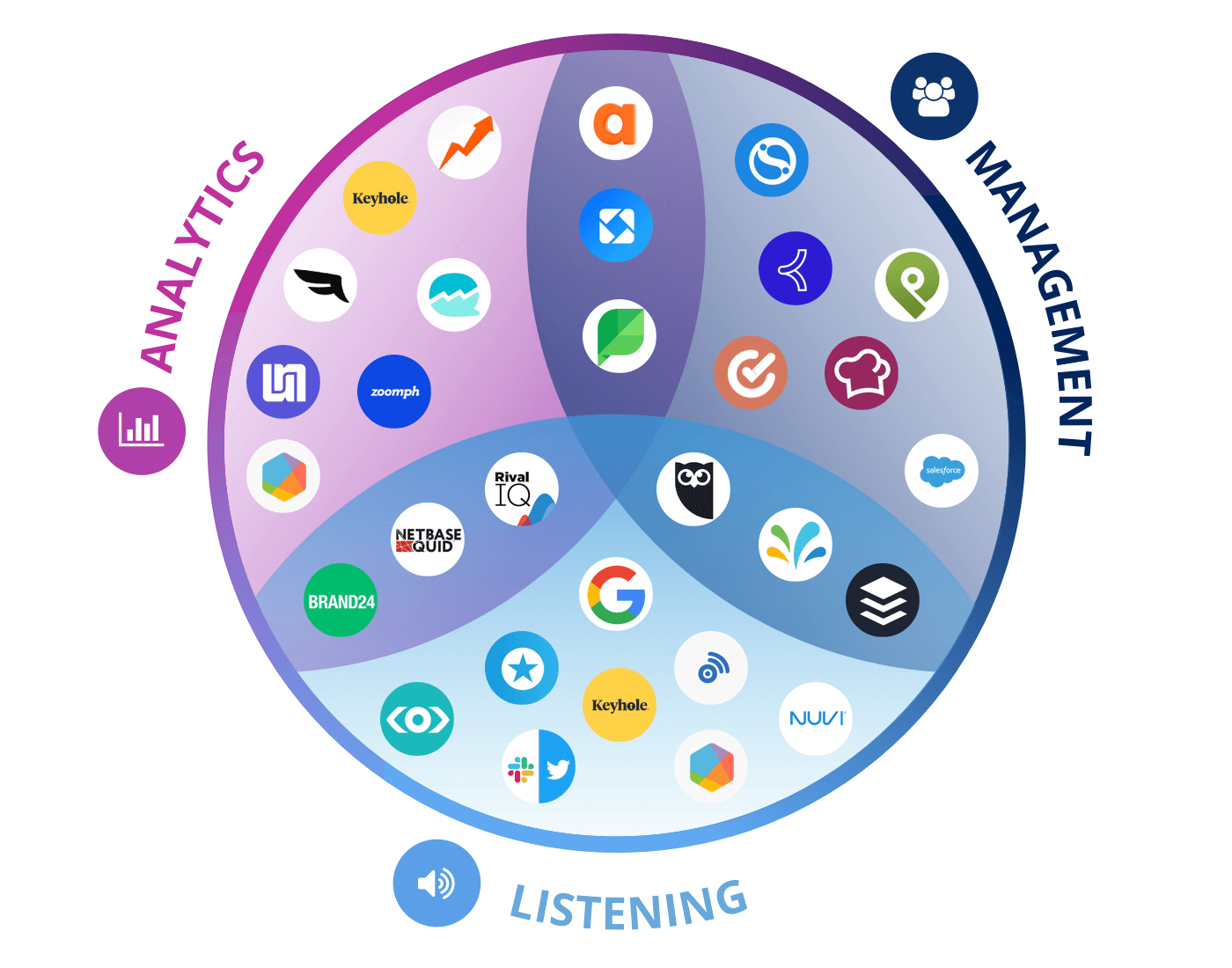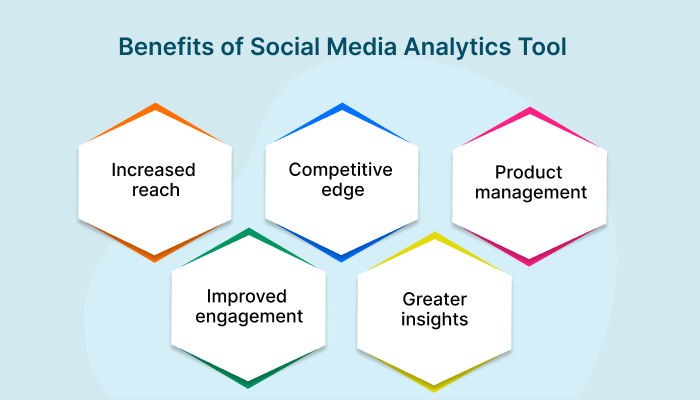Social media is a big part of our lives. People use it every day. Businesses use it too. But how do they know if it works? They use analytics.
What is Analytics?
Analytics is about numbers. It is about data. It tells us what is happening. It helps us understand patterns. It shows what works and what does not.

Credit: medium.com
Why is Analytics Important?
Analytics helps businesses in many ways. It helps them make good choices. It shows them what people like. It helps them improve their work.
Better Decision Making
Analytics provides facts. Facts are better than guesses. With facts, businesses can make better decisions. They can see what content works best. They can see what time is best to post. This leads to better results.
Understanding The Audience
Analytics shows who the audience is. It tells their age. It tells their location. It tells what they like. This helps businesses create better content. They can tailor their posts to match the audience’s interests.
Improving Engagement
Engagement is about interaction. It is about likes, shares, and comments. Analytics shows how much engagement each post gets. This helps businesses see what content people like. They can then create more of that content.
Tracking Performance
Analytics tracks performance over time. It shows growth. It shows declines. This helps businesses understand trends. They can see if their strategies are working. They can change what is not working.
Types of Social Media Analytics
There are different types of analytics. Each type tells us something different.
Descriptive Analytics
Descriptive analytics tells us what has happened. It shows data from the past. It shows how many likes a post got. It shows how many followers joined. It is a summary of past events.
Diagnostic Analytics
Diagnostic analytics tells us why something happened. It looks at the data. It finds patterns. It explains why a post did well. It explains why another post did not.
Predictive Analytics
Predictive analytics tells us what might happen. It uses past data. It makes predictions about the future. It can predict what kind of posts will do well.
Prescriptive Analytics
Prescriptive analytics tells us what to do. It gives advice. It suggests actions. It helps businesses plan their next steps.
Tools for Social Media Analytics
There are many tools for social media analytics. Each tool has different features. Here are some popular ones.
Google Analytics
Google Analytics is a free tool. It tracks website traffic. It shows where visitors come from. It shows what they do on the site.
Hootsuite
Hootsuite is a social media management tool. It tracks performance on different platforms. It provides detailed reports.
Sprout Social
Sprout Social is another tool. It offers in-depth analytics. It helps with engagement. It provides insights into audience behavior.
Buffer
Buffer is a simple tool. It helps schedule posts. It tracks performance. It shows which posts do well.
How to Use Analytics Effectively
Using analytics is not hard. But it needs a plan. Here are some steps to follow.
Set Clear Goals
First, set clear goals. Do you want more followers? Do you want more engagement? Clear goals help guide your actions.
Choose The Right Metrics
Next, choose the right metrics. Metrics are the numbers you track. Choose metrics that match your goals. If you want more engagement, track likes and comments.
Analyze Regularly
Analyze your data regularly. Do it every week. Do it every month. Regular analysis helps you see trends. It helps you make timely changes.
Make Data-driven Decisions
Use your data to make decisions. Do not rely on guesses. Let the numbers guide you.

Credit: www.rivaliq.com
Common Metrics to Track
There are many metrics to track. Here are some common ones.
Engagement Rate
Engagement rate shows how many people interact with your content. It includes likes, shares, and comments.
Follower Growth
Follower growth shows how many new followers you get. It shows how fast your audience is growing.
Reach
Reach shows how many people see your posts. It tells how far your content spreads.
Click-through Rate (ctr)
CTR shows how many people click on your links. It tells how effective your posts are at driving traffic.
Conversion Rate
Conversion rate shows how many people take a desired action. It can be signing up for a newsletter or buying a product.
Frequently Asked Questions
What Is The Role Of Analytics In Social Media Management?
Analytics help track performance, engagement, and growth. It helps you understand what works and what doesn’t.
Why Are Social Media Analytics Important?
They provide insights into audience behavior. This helps in creating better strategies for engagement and growth.
How Do Social Media Managers Use Analytics?
They analyze data to optimize content, schedule posts, and improve user interaction. It ensures effective social media presence.
What Metrics Are Crucial In Social Media Analytics?
Engagement, reach, impressions, and follower growth are key metrics. They show how well your content performs.
Conclusion
Analytics is very important for social media management. It helps businesses make better decisions. It helps them understand their audience. It helps improve engagement. Using analytics effectively can lead to better results.

